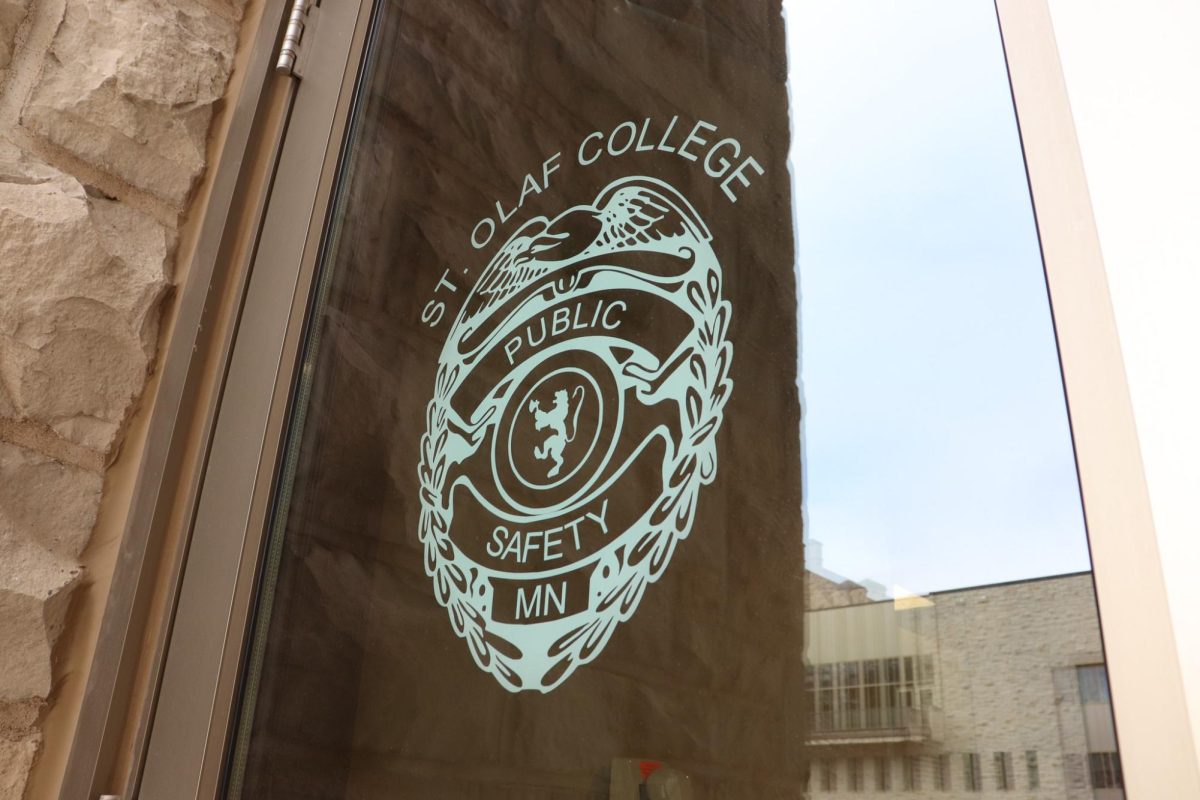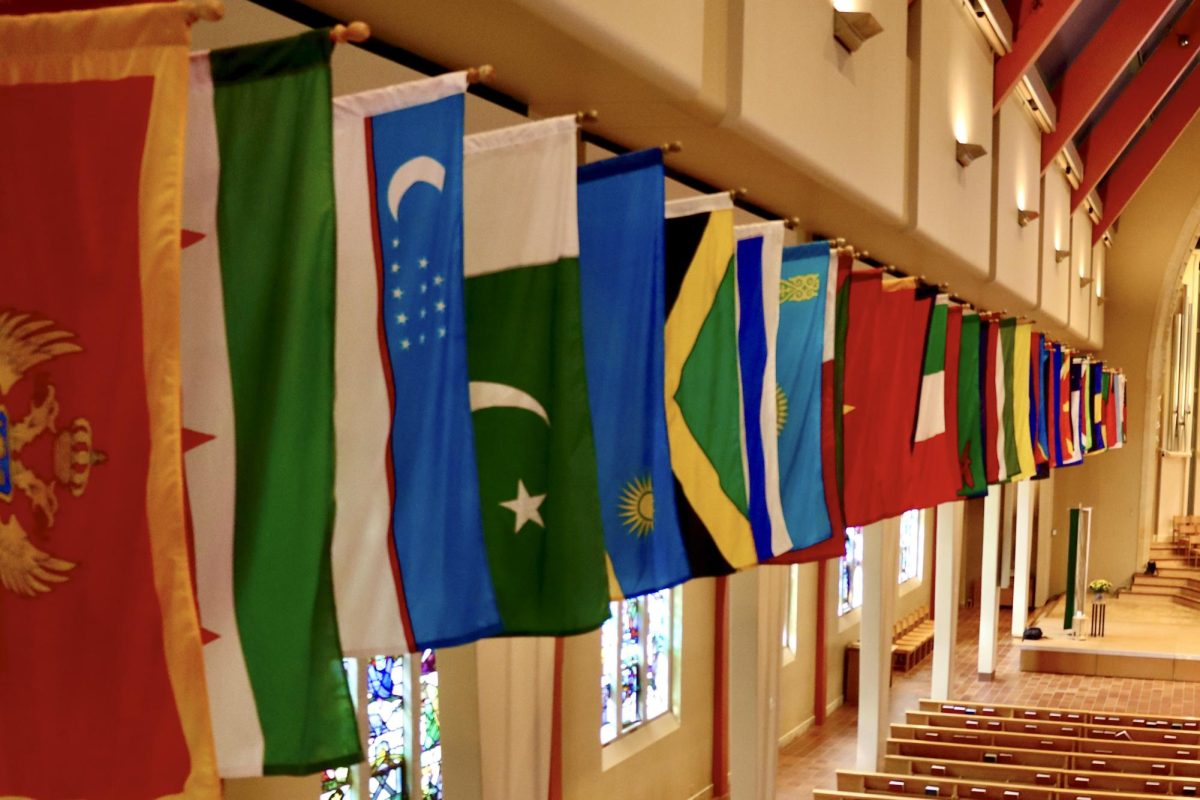On Feb. 24, former head of the United Nations in Sudan Professor Mukesh Kapila spoke to students about the flawed international responses to modern genocides and the decision process that led him to become a United Nations whistleblower.
About half of the audience was political science students who had submitted written questions to Kapila beforehand. Kapila selected a few of the broader questions and used them to frame his lecture.
Kapila began his lecture with a video from the Aegis Trust, an anti-genocide group that detailed Kapila’s investigation throughout Sudan. For the investigation, he interviewed inter- nally displaced people in the Blue Nile State and Nabu moun- tains. He explained that the modern day situation mirrored what he had seen in Darfur in 1994. The video was a solemn reminder that the conflict in Sudan is not yet over and helped Kapila transition into his key question: Why do atrocities that everyone agrees must never happen again keep repeating them- selves?
To address this, Kapila broke down his experiences into an interactive“journey,”askingstudentstoaccompanyhimstepby step through the obstacles that he faced. He asked the audience a series of “What would you have done?” questions and bluntly critiqued the students’ responses.
“I was very proud of the kinds of questions that were asked and also the responses given. He had, obviously, certain answers he was expecting, but I thought that the students did a really nice job, and they took chances in thinking out loud, which is what he asked them to do,” Professor of Political Science Kris Thalhammer said.
The scenarios put before students included: What would you do if the Secretary General was not responding to hundreds of emails detailing the continuing genocide in the state you had
been positioned in? Why was the Secretary General’s purpose- ful silence on the subject both morally and logically problem- atic? Where do you turn when the institutions built to handle these crises are fully informed but do not respond? And at what point do you make the choice of going to the BBC and breaking your job contract in order to finally elicit an interna- tional response?
“I was impressed with the idea of bringing to campus some- one who did the right thing and stood up for his principles in- stead of just following orders or working within the parameters of the institution and its line of authority,” Thalhammer said. “I think that’s really important for all of us to think critically about who has authority, and when are those moments when you have to disobey orders or you have to do what your con- science dictates instead of doing what’s great for your career advancement?”
Kapila noted that genocide is historically perpetuated by three characteristics of society: dehumanization, desensitiza- tion and distance – both emotional and physical.
“If you don’t hold duty bearers to account, don’t be surprised when ‘never again’ happens again,” Kapila said.
Kapila was brought to campus thanks to a collaboration between the political science department, Clara Lee ’16, Pro- fessor Thalhammer, Refugees and Asylum Seekers, Amnesty International, St. Olaf Leaders Abolishing Slavery, Karibu and the Political Awareness Commitee. Lee had an internship this past interim with STAND, the student run branch of the Aegis Trust. Thalhammer, Lee’s internship advisor, worked with Lee to see if Kapila could extend a visit he was already planning for the Twin Cities. Lee then took the idea to the political science department, and various student organizations got involved to sponsor the event.
While nothing formal has been talked about yet, Thalham- mer indicated that there is a definite possibility for Kapila to return to campus in years to come.
“He said he is in the Twin Cities frequently . . . I think he
cares enough about this that I think he would have done it just because he was eager to have a platform and we had such a good reception here. I think the students made a good impres- sion,” Thalhammer said.





